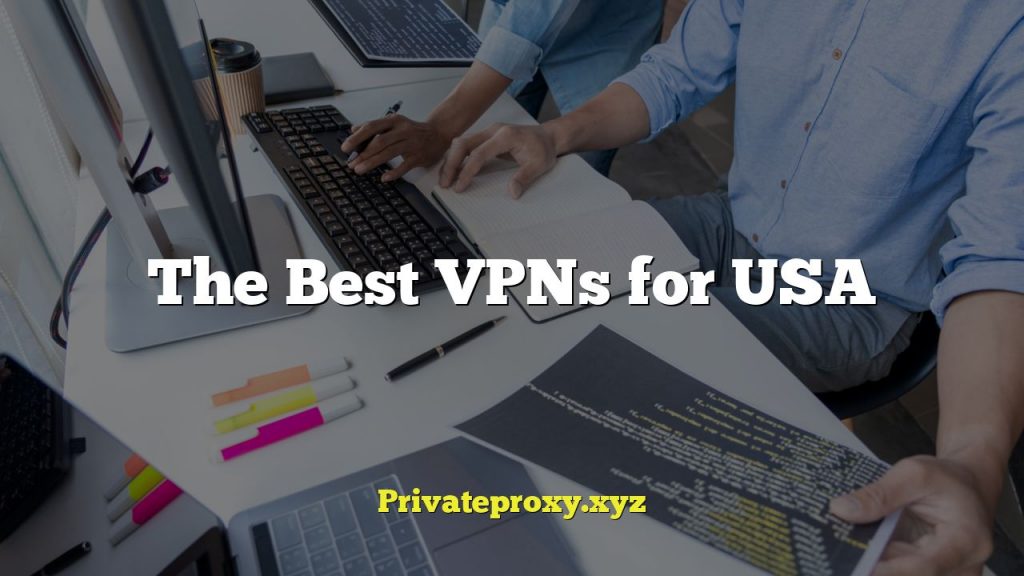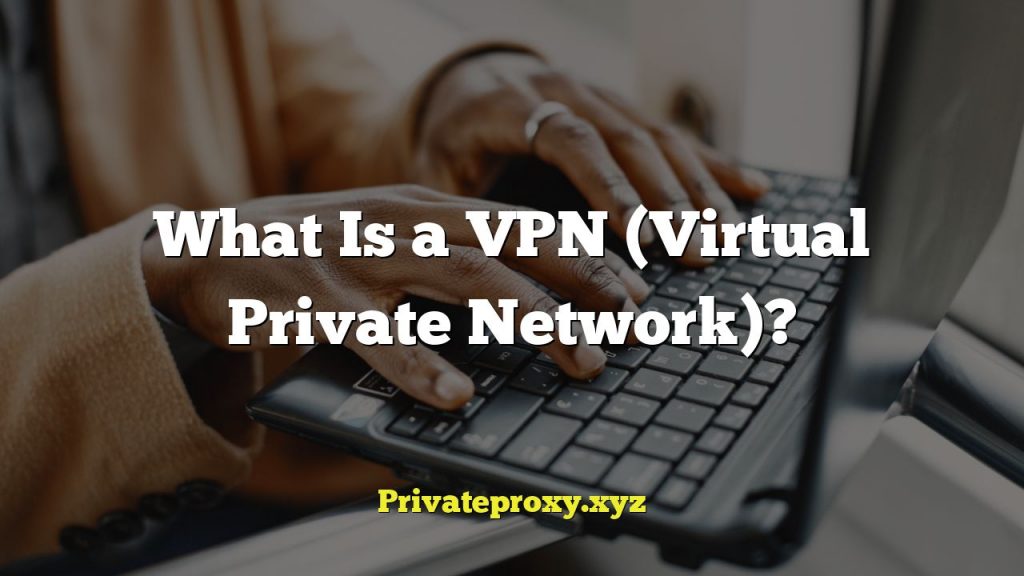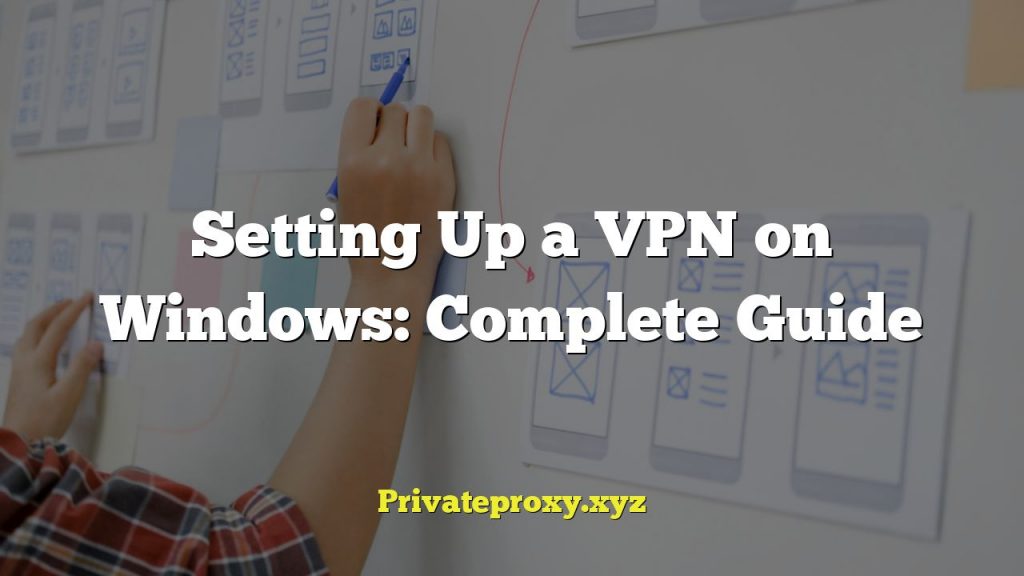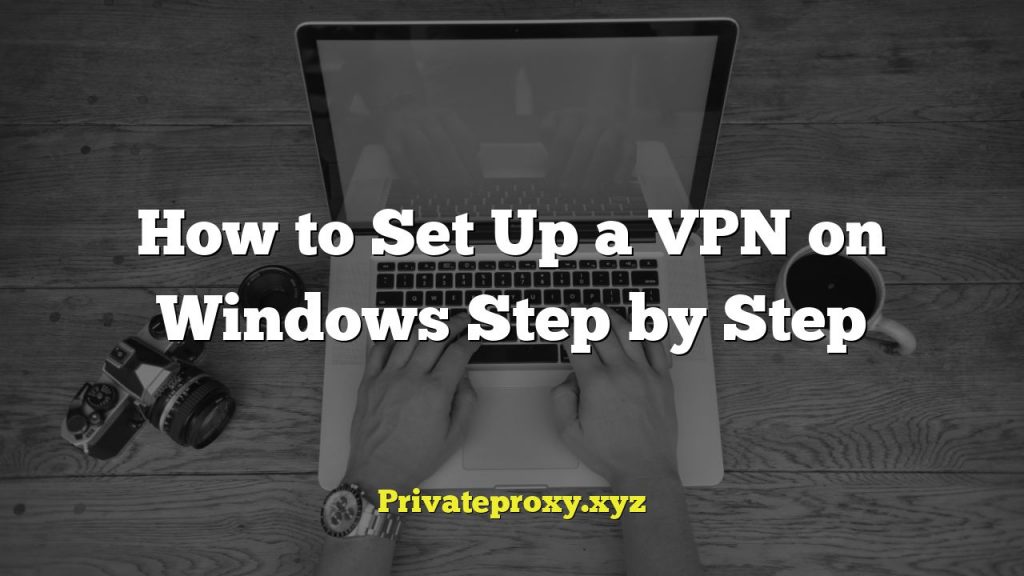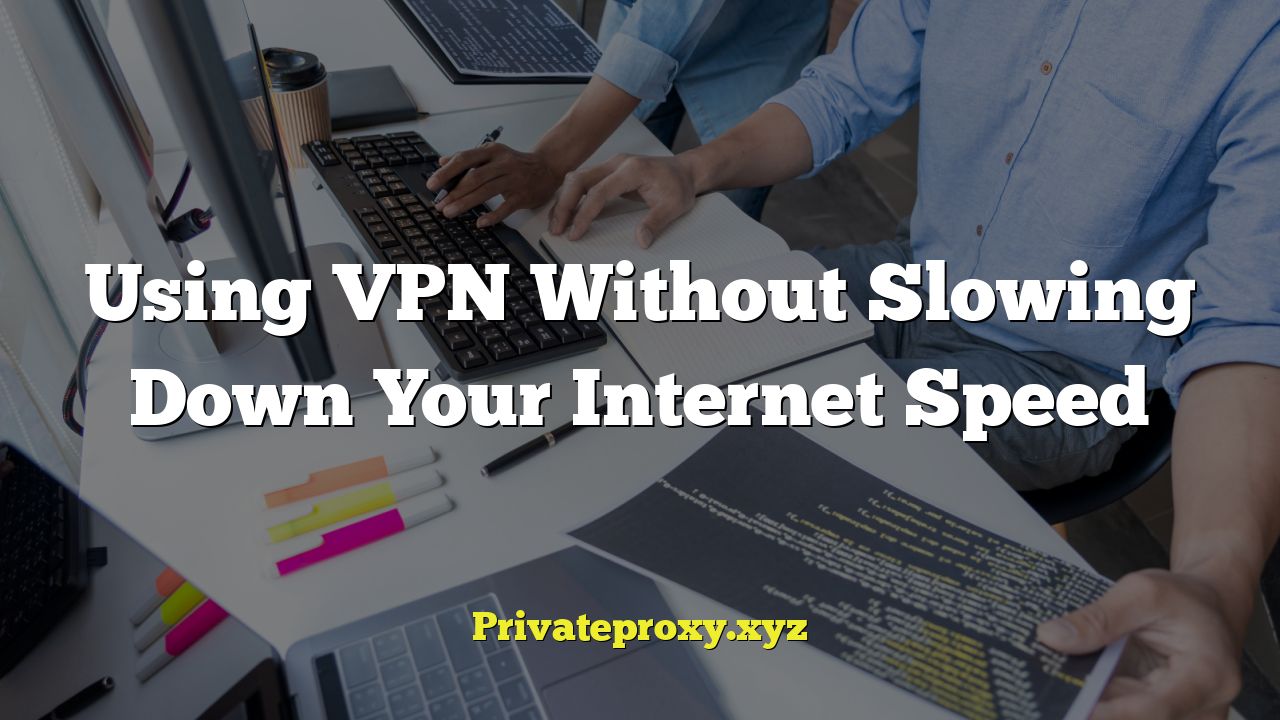
“`html
Understanding VPN Speed Issues
- VPN Encryption Overhead: VPNs encrypt your internet traffic, adding a layer of security. This encryption process requires computational power, which can introduce latency and slow down your connection speed. The stronger the encryption, the more processing power is needed, potentially impacting speed.
- Server Distance: The geographical distance between your device and the VPN server plays a significant role. Data travels slower over longer distances. Connecting to a server located far away will invariably result in a slower connection compared to connecting to a server closer to your physical location.
- Server Load: VPN servers, like any server, have a finite capacity. If a server is overloaded with users, its performance will degrade, leading to slower speeds. A server struggling to handle the demand will result in slower connection speeds for everyone connected to it.
- Protocol Choice: Different VPN protocols offer varying levels of security and speed. Some protocols are designed for speed, while others prioritize security. The protocol chosen can have a significant impact on your overall internet speed when using a VPN.
- Your Internet Connection: The speed and stability of your underlying internet connection are crucial. If your base internet speed is already slow, a VPN will only exacerbate the issue. A weak or unstable connection will be further strained by the added encryption of the VPN.
Choosing the Right VPN Provider
- Server Infrastructure: Look for VPN providers with a vast network of servers located in numerous countries. A larger network increases the chances of finding a server close to your location and with lower load. A robust infrastructure is key to maintaining optimal speeds.
- Protocol Options: Opt for a provider that offers a range of VPN protocols. This allows you to experiment and choose the protocol that best suits your needs, balancing security and speed. Flexibility in protocol selection is a significant advantage.
- Reputation and Reviews: Research the provider’s reputation and read user reviews. Pay attention to feedback regarding speed and performance. Positive reviews regarding speed and reliability are a good sign.
- Bandwidth Limits: Ensure the provider doesn’t impose bandwidth limits, which can throttle your speed. Unlimited bandwidth is essential for uninterrupted and fast VPN usage. Limited bandwidth will significantly hinder your experience.
- Advanced Features: Look for providers that offer features like split tunneling, which can help improve speed by routing only specific traffic through the VPN. Such features can significantly optimize your VPN experience.
Optimizing Your VPN Settings
- Choose a Nearby Server: Select a VPN server located geographically close to your actual location. This minimizes the distance data needs to travel, reducing latency. Proximity is crucial for optimal speed.
- Experiment with Protocols: Test different VPN protocols, such as WireGuard, IKEv2, or OpenVPN, to see which provides the best balance of speed and security for your setup. Each protocol has its strengths and weaknesses, so experimentation is key.
- Adjust Encryption Levels: Some VPNs allow you to adjust the encryption level. Lowering the encryption level can improve speed, but it also reduces security. Consider the trade-off carefully.
- Enable Split Tunneling: If your VPN provider offers split tunneling, use it to route only specific applications or websites through the VPN. This can significantly improve speed for other activities.
- Disable Unnecessary Features: Disable any unnecessary VPN features, such as ad blockers or malware scanners, which can consume resources and slow down your connection. Minimizing unnecessary features can boost performance.
Troubleshooting VPN Speed Issues
- Test Your Base Internet Speed: Before troubleshooting your VPN, test your internet speed without the VPN enabled. This provides a baseline for comparison. This will help you determine if the issue is with your internet connection or the VPN itself.
- Check Server Load: Many VPN apps display the current server load. Choose a server with a low load to improve speed. Overloaded servers are a common cause of slow VPN speeds.
- Restart Your VPN and Device: A simple restart can often resolve temporary glitches that may be affecting your VPN speed. This is often the first and easiest solution to try.
- Update Your VPN Software: Ensure your VPN software is up to date. Updates often include performance improvements and bug fixes. Keeping your software updated is essential for optimal performance.
- Contact VPN Support: If you’ve tried all other troubleshooting steps and are still experiencing slow speeds, contact your VPN provider’s support team for assistance. They may be able to identify and resolve the issue.
Alternative Solutions to Improve Speed
- Upgrade Your Internet Plan: If your base internet speed is consistently slow, consider upgrading to a faster plan. A faster connection provides more bandwidth for the VPN to work with.
- Use a Wired Connection: A wired Ethernet connection is generally more stable and faster than Wi-Fi. If possible, connect your device directly to your router. Wi-Fi can introduce interference and latency.
- Optimize Your Wi-Fi Network: If you must use Wi-Fi, ensure your router is properly configured and positioned for optimal performance. A strong Wi-Fi signal is crucial. Consider upgrading to a newer router with better capabilities.
- Close Unnecessary Applications: Close any applications that are consuming bandwidth in the background. These applications can compete with the VPN for resources.
- Check for Malware: Run a malware scan to ensure your device is not infected with malware that could be slowing down your internet connection. Malware can significantly impact internet speed.
Understanding VPN Protocols
- OpenVPN: A popular and highly secure protocol, OpenVPN is often considered the gold standard for VPNs. It can be configured to use either TCP or UDP. While secure, it can sometimes be slower than other protocols.
- IKEv2/IPsec: A fast and stable protocol, IKEv2 is particularly well-suited for mobile devices. It’s often faster than OpenVPN, especially on mobile networks.
- WireGuard: A relatively new protocol that is designed to be both fast and secure. It’s gaining popularity due to its efficiency and performance. WireGuard is often the fastest option available.
- L2TP/IPsec: An older protocol that is generally considered less secure and slower than OpenVPN or IKEv2. It’s best to avoid this protocol if possible.
- PPTP: An outdated and insecure protocol that should not be used. It’s extremely vulnerable to security breaches.
The Impact of Distance on VPN Speed
- Latency: Distance directly affects latency, which is the time it takes for data to travel between your device and the VPN server. Longer distances result in higher latency. High latency can make online activities feel sluggish and unresponsive.
- Data Transfer Rates: While bandwidth is a limiting factor, distance also impacts the actual data transfer rate. Even with ample bandwidth, distant servers will have slower transfer speeds due to latency.
- Server Location Optimization: Choosing a server in a neighboring country might be a good compromise between speed and accessing content from a specific region. Consider the geographical proximity when selecting a server.
- Content Delivery Networks (CDNs): Some VPN providers use CDNs to cache content closer to users. This can improve speed for frequently accessed websites and services.
- Testing Different Locations: Experiment with different server locations to find the optimal balance of speed and desired geographic location. Conduct speed tests to compare performance.
When Split Tunneling Can Help
- Selective Routing: Split tunneling allows you to choose which applications or websites are routed through the VPN, while others use your regular internet connection. This can significantly improve speed for activities that don’t require VPN protection.
- Prioritizing Bandwidth: By routing only sensitive traffic through the VPN, you can prioritize bandwidth for other applications, such as streaming or gaming. This prevents the VPN from slowing down your entire internet connection.
- Example Scenarios: Use split tunneling for online banking or accessing sensitive data, while allowing streaming services or online games to bypass the VPN. This optimizes speed without compromising security.
- Configuration Options: VPN providers offer different configuration options for split tunneling. Some allow you to select specific applications, while others allow you to choose specific websites or IP addresses.
- Security Considerations: Be mindful of the security implications of split tunneling. Ensure that only trusted applications and websites bypass the VPN.
Frequently Asked Questions (FAQs)
- Why is my VPN so slow? Common causes include server distance, server load, encryption overhead, and protocol choice. Troubleshooting these factors can often improve speed.
- Does a faster internet connection always mean a faster VPN? While a faster internet connection provides more bandwidth, other factors like server distance and protocol choice still play a significant role.
- Is it safe to lower the encryption level for speed? Lowering the encryption level can improve speed, but it also reduces security. Consider the trade-off carefully and only lower the encryption level if you’re comfortable with the reduced security.
- Which VPN protocol is the fastest? WireGuard is generally considered the fastest VPN protocol, followed by IKEv2. However, the best protocol for you will depend on your specific setup and needs.
- Can I use a VPN without slowing down my internet speed at all? While it’s difficult to completely eliminate the speed impact of a VPN, optimizing your settings and choosing the right provider can minimize the slowdown. There will always be some overhead associated with encryption.
“`
